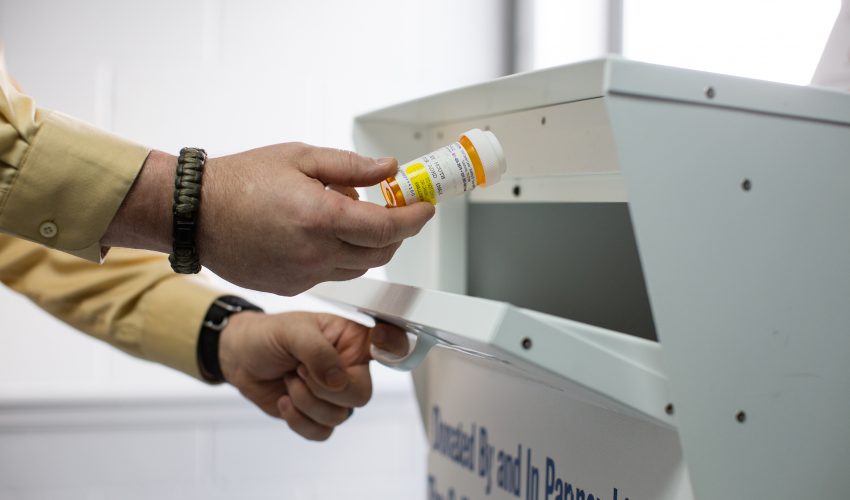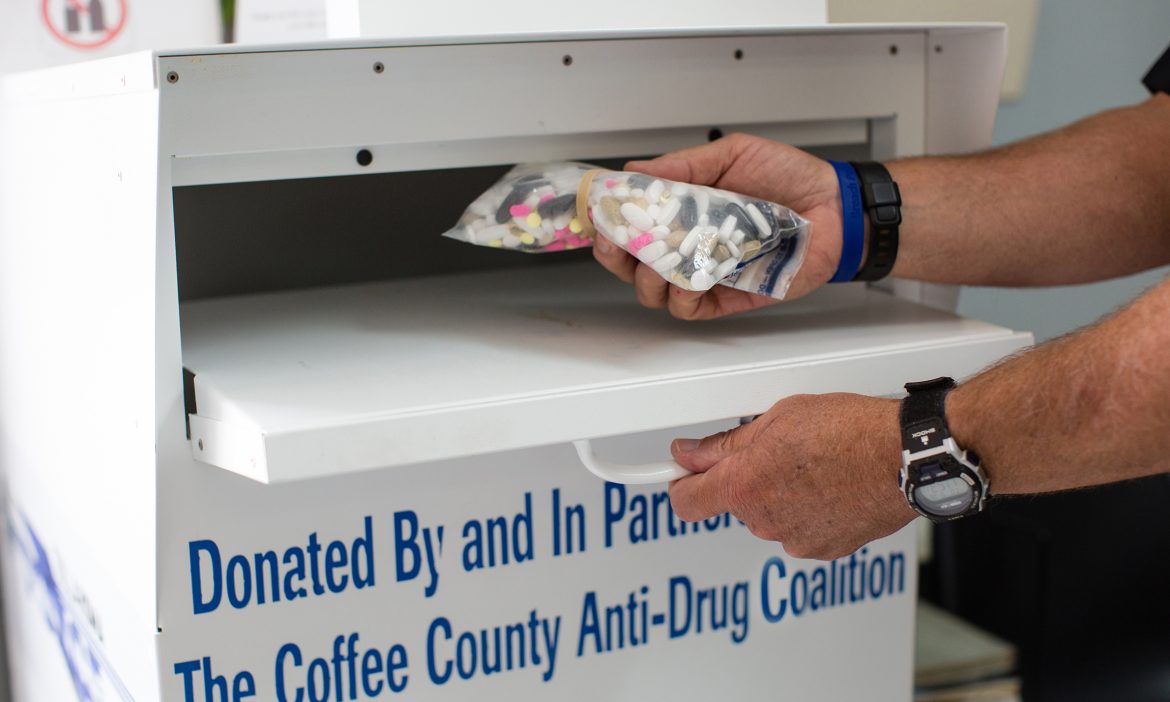The greatest danger of prescription drugs is the widespread belief they aren’t dangerous.
“In a 2009 survey of students in Coffee County, we saw that there was a very high rate of prescription drug use, with many kids sharing pills,” says Kristina Clark, consultant and former executive director of the Coffee County Anti-Drug Coalition.
“They were getting legally prescribed drugs from friends or from their grandparents’ and parents’ medicine cabinets. Access was easy, and since these were legal medications, the perception was that they could not be harmful.”
Surprisingly, most kids who helped themselves to pills were attempting to self-medicate — reducing pain from a sports injury or trying to overcome anxiety or depression.
They didn’t want to get high; they wanted to feel better.
They felt they were taking medicine, not drugs.
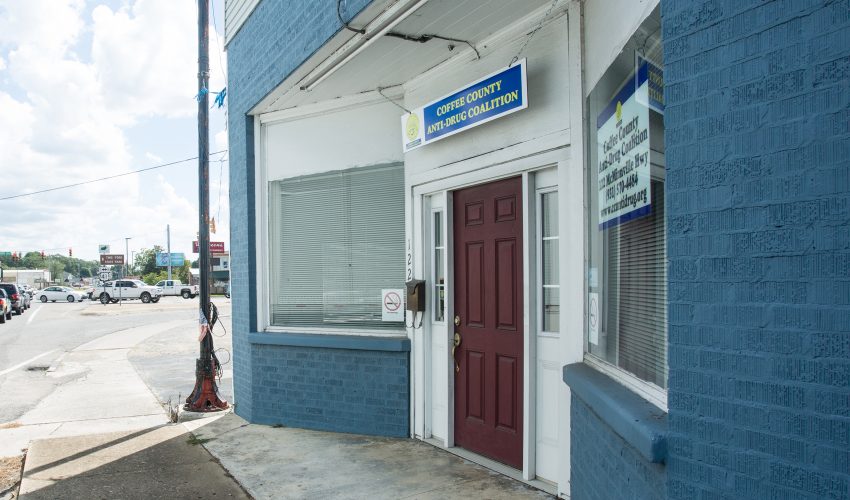
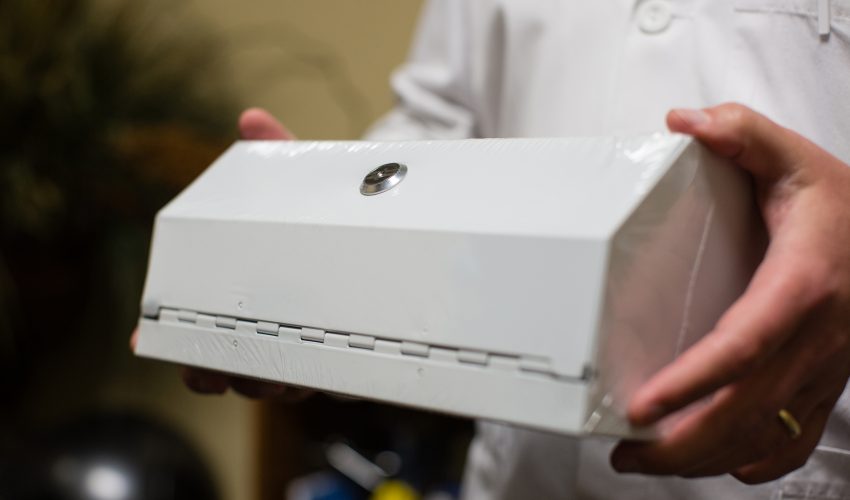
As the coalition tried to spread the word about the rising rates of prescription drug abuse, they discovered that a lot of adults felt the same way.
The coalition wanted to educate people that, when used incorrectly, a prescription drug can be just as deadly as a “street drug.” They also knew it would take more than a poster campaign.
Instead, they developed a program that offered the entire community a way to take action — Count It! Lock It! Drop It!
It pulled together local physicians, pharmacists, dentists, nurses and even veterinarians to brainstorm about the most effective methods to get the word out.
“They helped us create a plan that was simple to understand and easy to do,” says Clark.
Count It! Lock It! Drop It! launched in 2012 and has three easy but effective steps:
- Count It.
Every two weeks, count the number of pills left in a pill container to spot any shortfalls. - Lock It.
The coalition distributed lock boxes to reinforce the idea of prescription pills as personal property that others should not touch. - Drop It.
Drop-off locations were set up for people to dispose of leftover medications.
Patients who get a prescription for an abusable drug are educated in their doctor’s office about proper usage and told about Count It! Lock It! Drop It!
That message is repeated by the pharmacist when they pick up their medications.
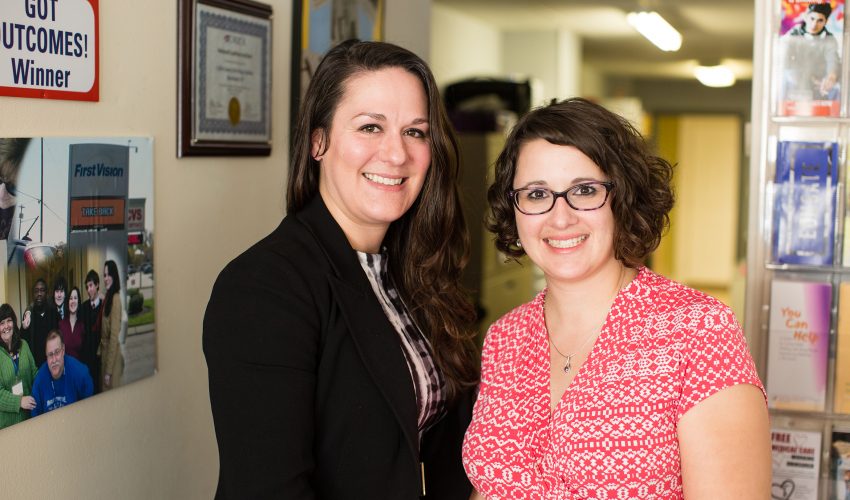
Count It! Lock It! Drop It! co-founders Kristina Clark and Christina Merino
Success and expansion
The results have been remarkable.
In the first survey completed after the program launched, the coalition found:
- 50% fewer students sharing prescribed medications
- 25% lower usage in the past 30 days
- 18% more respondents indicated it was hard to get prescription drugs
- 24% of respondents locked up their pills, up from zero
- 21% tracked their pills, up from zero
- 100 pounds of pills were collected per month, up from 25 pounds
With new funding from the BlueCross Health Foundation, Count It! Lock It! Drop It! is expanding to all 95 counties in Tennessee, with a special focus on areas of greatest prescription drug abuse.
The Coffee County Anti-Drug Coalition is working hand in hand with other county coalitions to train staff in pharmacies, medical offices, schools and law enforcement to launch their own Count It! Lock It! Drop It! programs.
“We are excited that this will be done as a grassroots effort in each community,” says Clark.
“We know it will do great things for Tennessee.”
